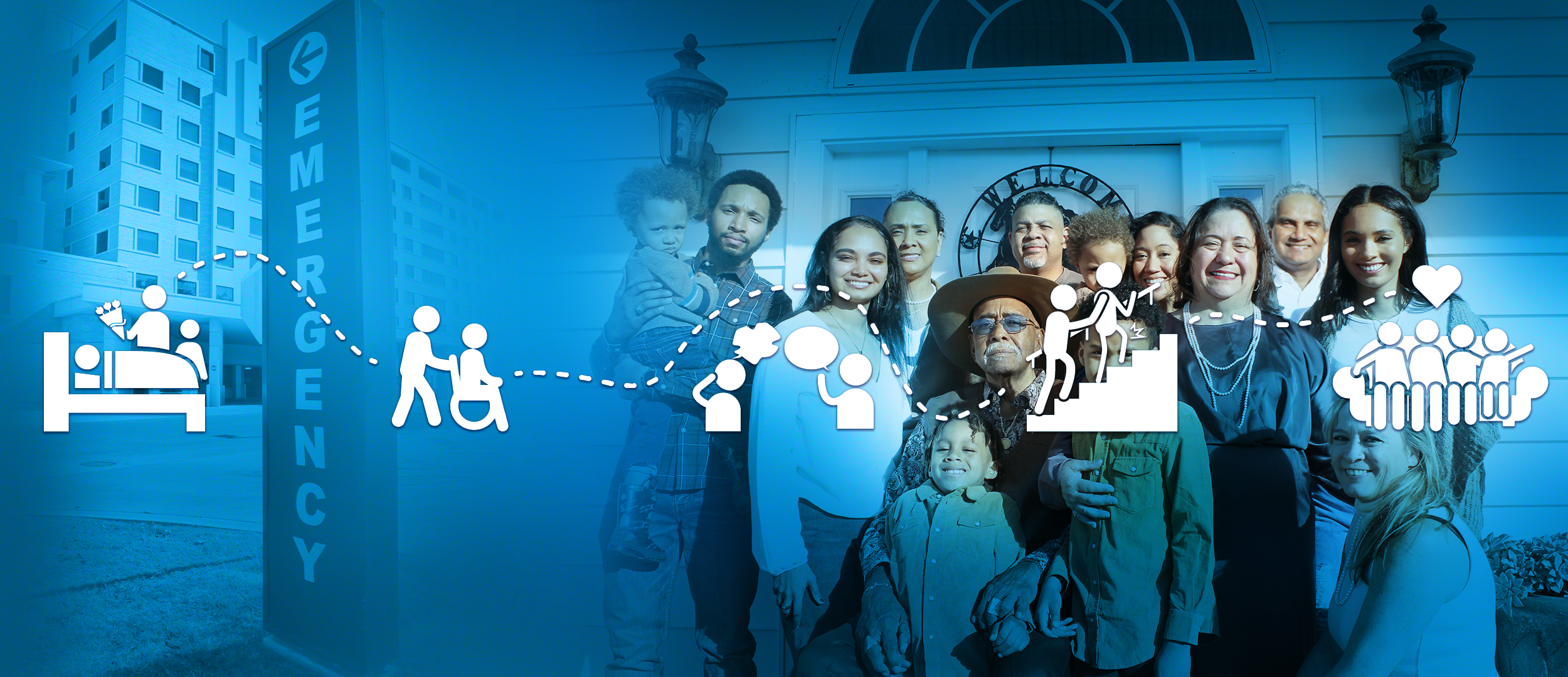Learn to play, play to learn – gaming with medical content
Statistics, diagrams, schematic representation and lots of text represent a big part of my daily work.
To unwind, I spend some of my leisure time playing video games. I like their competitive character and I love discovering new, fantasy worlds.
Medical content is often a dry subject and presenting it in a more appealing way can help convey a message while keeping users engaged.
How can we do this? Medics are mere mortals and may enjoy a bit of competition. They may also enjoy immersing themselves in a gaming world which offers a competitive element. So why don’t we use this insight to provide HCPs with educational content and remind them incidentally of this very interesting company with great products and friendly support?
Games are synonymous with leisure time. They also allow pharmaceutical companies to provide medical information and educational content on a low threshold which means that by losing some complexity you are more likely to increase interest. Quizzes or memory games combined with a competitive approach such as high scores, leader boards, badges or skill development trees can all play a part in ‘gamification’.

Simulations can play an important part in gaming apps for physicians
More complex games can also improve knowledge and are designed to train and educate in addition to offering user enjoyment. These games are called “serious games”.1 There are several options already marketed that, for example, allow the user to become the best tympanic surgeon, manage a virtual emergency room, start their own virtual medical practice, or help to improve nutrition habits.2,3
One thing is true for both categories: HCPs do not have vast amounts of leisure time; therefore, it is vital to understand their habits, address their needs and convince them with a crisp and appealing concept. We as medical writers can help to create ideas, implement them into a story, help to negotiate artistic, legal, and regulatory obstacles and develop a concept or storyboard with you that fits your requirements. By collaborating, we can develop a game from scratch or refine existing templates.
It’s worth it!
Gamification and serious games can help motivate HCPs to learn more about a disease or therapy area and maintain or even raise disease awareness and knowledge about new treatment paradigms. It is also an up-to-date approach to keep in touch with the medical community responsible for treatment decisions, and ultimately to improve patient care.
Whether you already have a concept in mind or would like to brainstorm one, you name it, and we will be happy to discuss next steps. Please get in touch via info@infill.com
References
1 Adv in Health Sci Educ. 2021. DOI: 10.1007/s10459-020-10000-3 van Gaalen et al.
2 Serious Games: Spielen um Leben und Tod Dtsch Arztebl 2021; 118(5): A-240 / B-212 Reichardt, Alina
3 https://www.welt.de/wissenschaft/article137663169/Was-Aerzte-im-OP-von-Computerspielen-lernen-sollen.html








